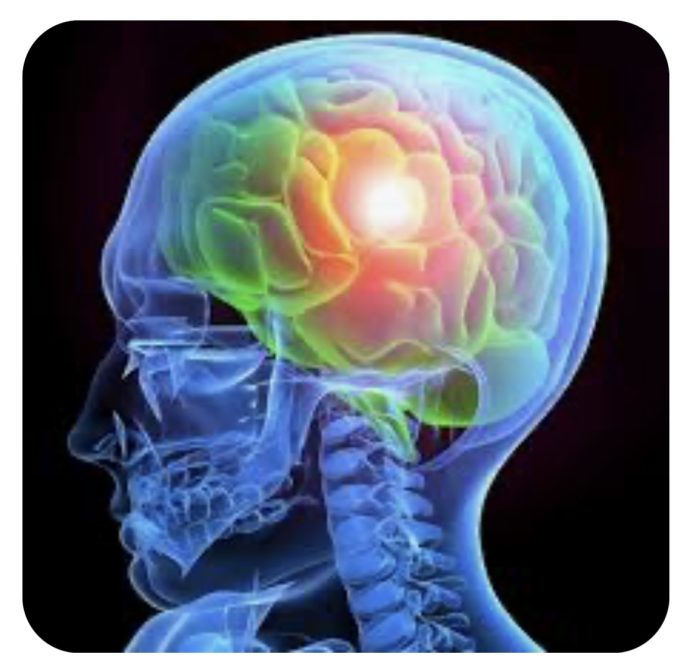Brain injuries are an unfortunately common outcome for accidents and injuries in the UK, with well over 8,000 deaths attributed to head injuries each year. Despite the commonality of such injuries via accidents, their treatment is anything but simple. Further, treatment processes are being negatively impacted, with patient outcomes at risk. But how is this the case? What makes a brain injury difficult to diagnose?
The Difficulties of Brain Injury Diagnosis
Brain injuries are notoriously difficult to properly diagnose, and for a number of key reasons. Many brain injuries are not directly visible, apart from in extreme cases of traumatic brain injury where the head has been wounded to the point of compromise. Many brain injuries are ‘closed-head injuries’, wherein the injury is caused by the brain’s movement relative to the skull or body. This makes visual analysis possible, and causes doctors to rely on monitoring other symptoms.
This is where additional difficulties arise, though. The symptoms associated with brain injuries are incredibly wide-ranging, on account of the highly complex role the brain plays in the body. Symptoms can range from the obvious – confusion, seizures, balance issues – to the subtle – tremors, fatigue, light-headedness. In the latter case, failure to properly notice symptoms can enable brain injuries to worsen, eventually leading to life-threatening conditions.
Classifications of Brain Injury
To help combat these difficulties, key assessment protocols are used to minimise misdiagnosis. One such protocol is assessment in accordance with the Glasgow Coma Scale, which uses measurements of three core aspects to determine the presence and severity of a brain injury. Tests that look for eye movement, verbal responsiveness and motor responsiveness together can result in assessment of a potential brain injury as mild, moderateor severe.
Systemic Misdiagnosis
Of course, the GCS is not an infallible solution for detecting brain injury. One of its chief limitations is that it cannot distinguish properly between brain injury symptoms and the symptoms of moderate to heavy alcohol intake, which may lead medical specialists to improper conclusions. This contributes to a much larger issue of brain injury misdiagnosis, a phenomenon that has seen many victims seeking recourse via medical negligence claims.
The NHS is a marvel amongst modern healthcare systems; it remained so in recent years not for its achievements, though, but instead for its resilience against breaking-point conditions. A unique conflux of issues, from pandemic-borne patient oversubscription to administrative mismanagement and dwindling funds, have led the NHS to its knees – with patient outcomes starting to suffer.
This is manageable, to some extent, in primary care scenarios. However, where brain injuries are concerned, and time very much of the essence, extended A&E waiting times can be the difference between life or death. This is especially true where lesser-trained support staff are incapable of properly recognising the potentiality of a serious injury.
If you like our content, join us in helping to bring reality and decency back by SUBSCRIBING to our Youtube channel: https://www.youtube.com/channel/UCQ1Ll1ylCg8U19AhNl-NoTg AND SUPPORTING US where you can: Award Winning Independent Citizen Media Needs Your Help. PLEASE SUPPORT US FOR JUST £2 A MONTH https://dorseteye.com/donate/







